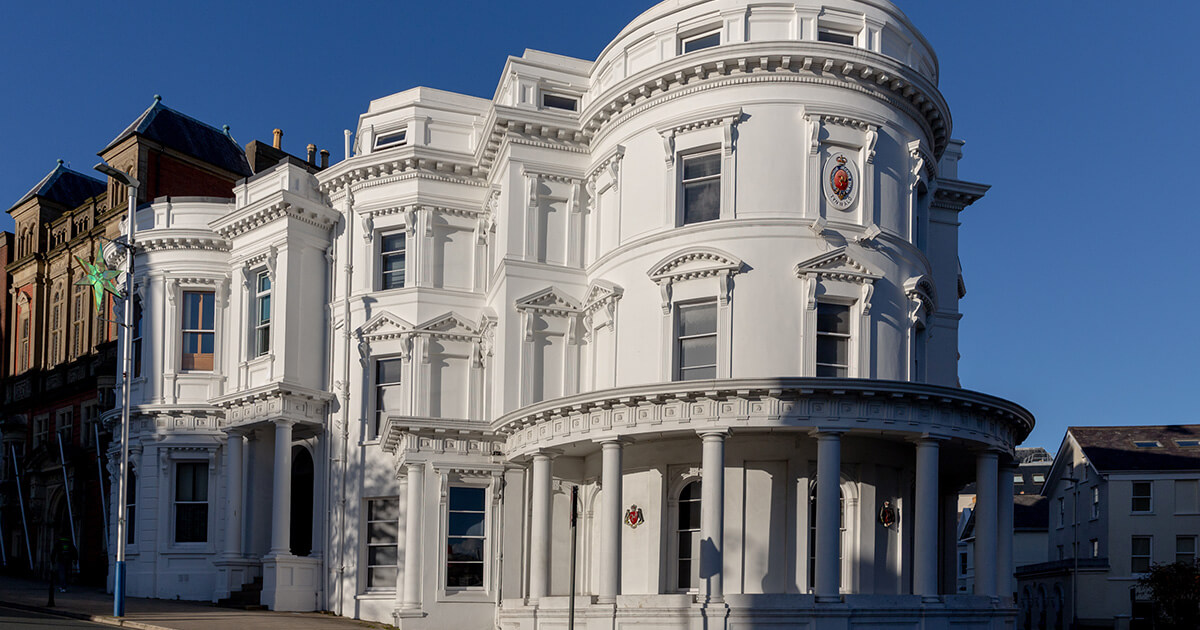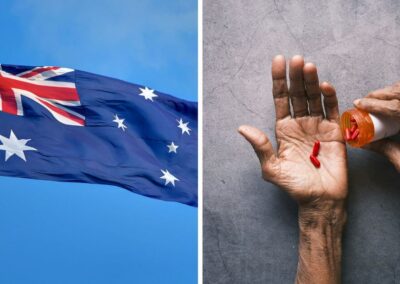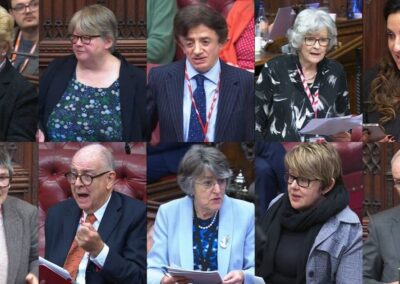Vulnerable people on the Isle of Man will continue to be protected after politicians rejected a motion calling for the introduction of assisted suicide.
Yesterday, members of the island’s Parliament voted unanimously to simply ‘note the debate’ rather than back further parliamentary work on the issue.
A number of members spoke out against the motion including the Chief Minister, Howard Quyale.
Ahead of the vote, a number of healthcare professionals on the island expressed overwhelming opposition.
The Isle of Man Medical Society revealed that 85 percent of working doctors would not support assisted suicide.
The Society’s President, Dr Jonathan Wilmot, and executive committee chairman Dr May Shiu Chan said doctors feared that vulnerable people would be put under pressure to die.
“They were concerned that it would not in reality be a voluntary or free choice” the group said, adding, “vulnerable people would feel an obligation to opt for it to decrease the burden on relatives or that others may believe it was best for them and seek to influence their choice”.
The Association of Palliative Medicine of Great Britain and Ireland have also stated their official position is to oppose any plan to introduce assisted suicide.
Dr David Randall, spokesman for the Our Duty of Care campaign said changing the law could put “vulnerable people at risk of suffering real or imagine pressure from others to end their lives prematurely”.
The Isle of Man rejected a call to introduce assisted suicide by 17 votes to 5 in 2015.
Responding to the debate, CARE’s Communications Manager, James Mildred said: “Legalising assisted suicide would be a retrograde step for the Isle of Man. Not only would it put pressure on vulnerable people, but it would also fundamentally harm the vital doctor patient relationship.”
Alistair Thompson, a spokesman for the Care Not Killing Alliance, told Manx Radio that the so-called safeguards are often circumvented, that the doctors carrying out assessments do not believe they are adequate.
He noted that “half the people choosing to end their lives fear becoming a burden on their families”.












